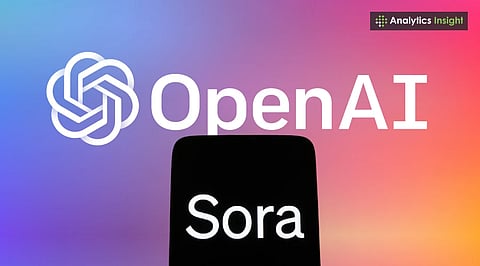

OpenAI recently launched the Sora 2 model, a highly advanced AI video generation tool. It allows users to create realistic video clips from text prompts, making the AI model popular among content creators, marketers, and educators.
However, the initial success has triggered a surge of copycat apps in the Apple App Store. These fake Sora 2 Apps are misleading users into thinking they are downloading the official one, thus posing financial and data privacy risks.
According to reports from 9to5Mac, developers worldwide have released apps mimicking Sora 2’s branding, interface, and promotional content. While some clones offer limited functionality, others are outright scams, charging users for features that do not exist. These fake Sora 2 apps often use slight variations in names or logos to evade detection, putting unsuspecting users at risk.
The growing number of Sora 2 clones has sparked debates about App Store moderation. Apple has removed several fraudulent apps, but new ones continue to appear. Security experts warn that some clones may compromise privacy, collect user data, or inject ads without proper disclosure, highlighting the need for stricter oversight of AI-based applications on mobile platforms.
The official Sora 2 app is not yet available on mobile platforms. Users should access it only through verified web platforms, carefully check developer credentials, and avoid downloading apps claiming to be Sora 2 from the App Store. Exercising caution can prevent data misuse and financial losses.
The surge of fake apps highlights a broader issue: popularity brings both innovation and risk. As AI tools like Sora 2 become mainstream, users must keep in mind the online security risks. At the same time, developers and platform owners should prioritize transparency, verification, and awareness to safeguard against the development of misleading or harmful applications.
Also Read: OpenAI Sora 2: Next-Gen AI Video App Redefines Creativity
